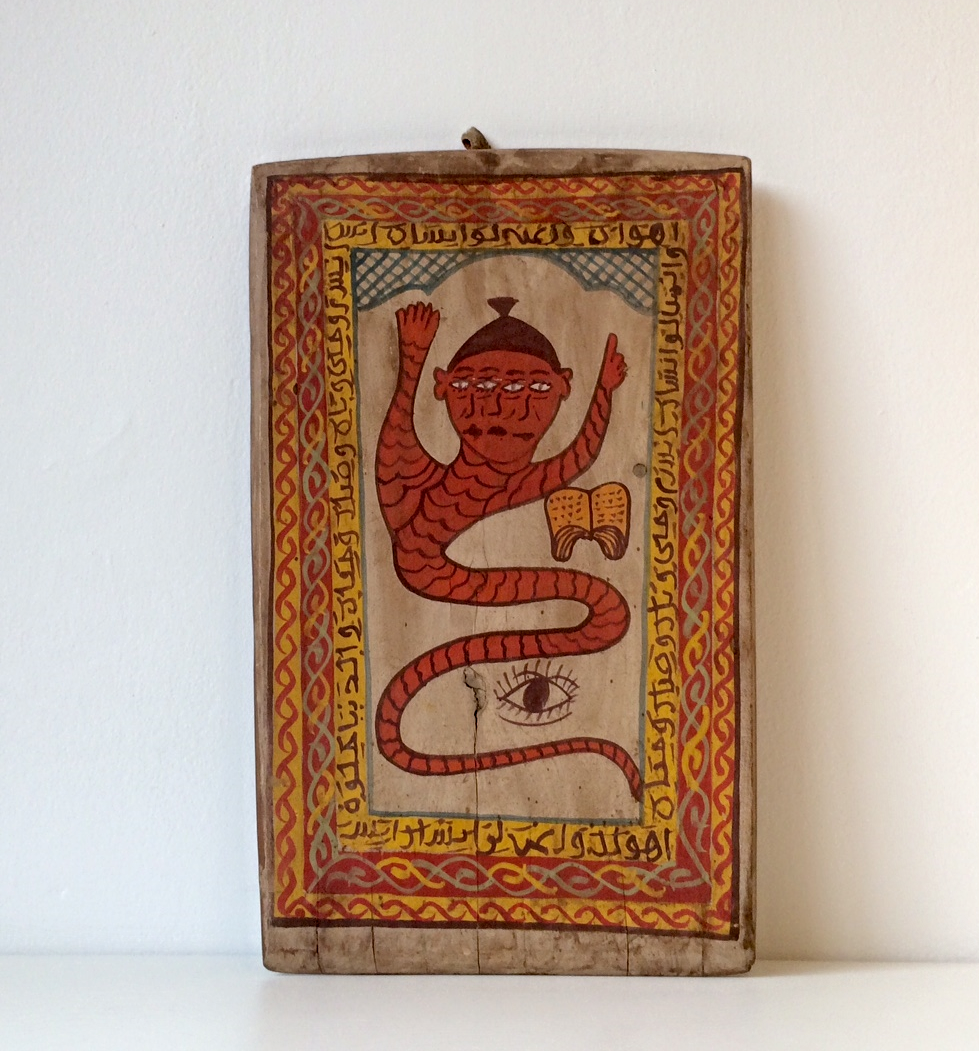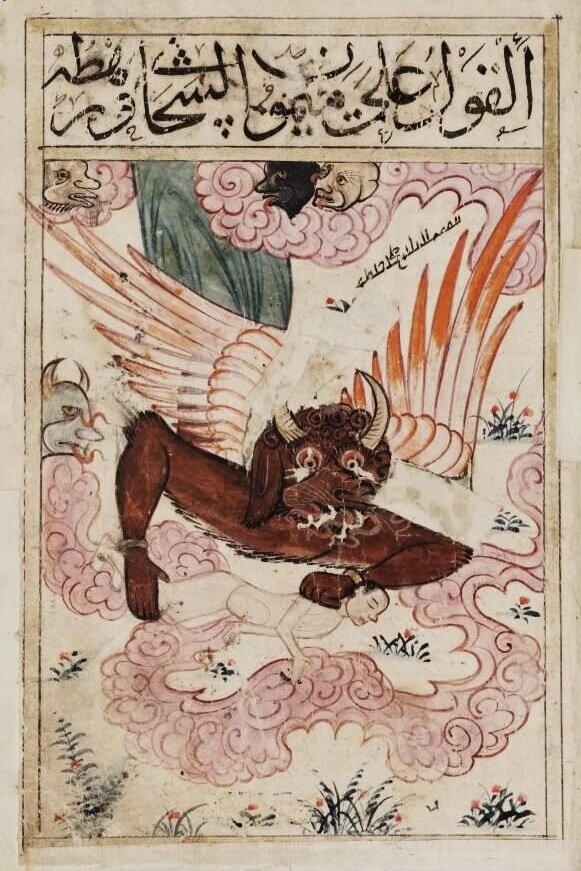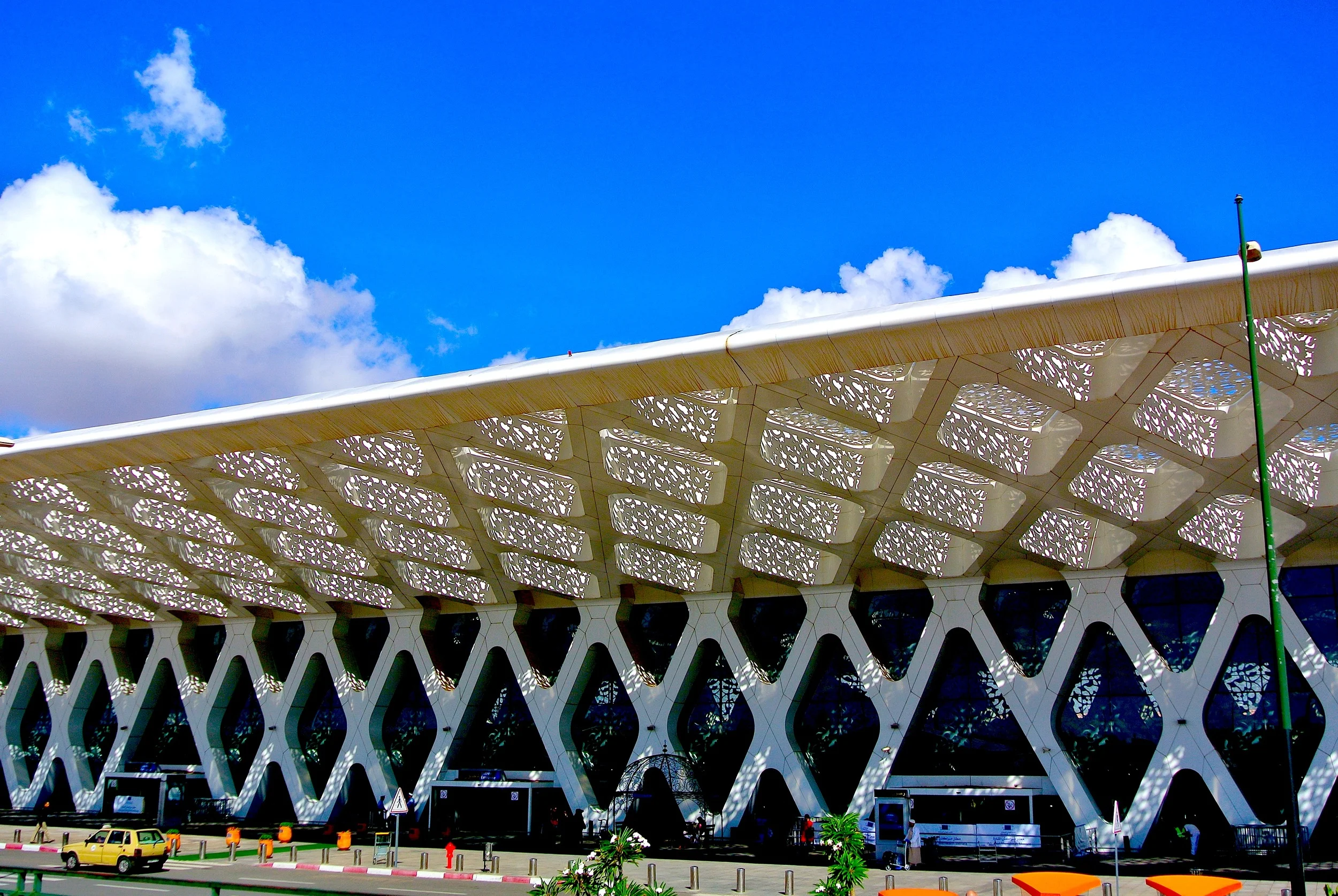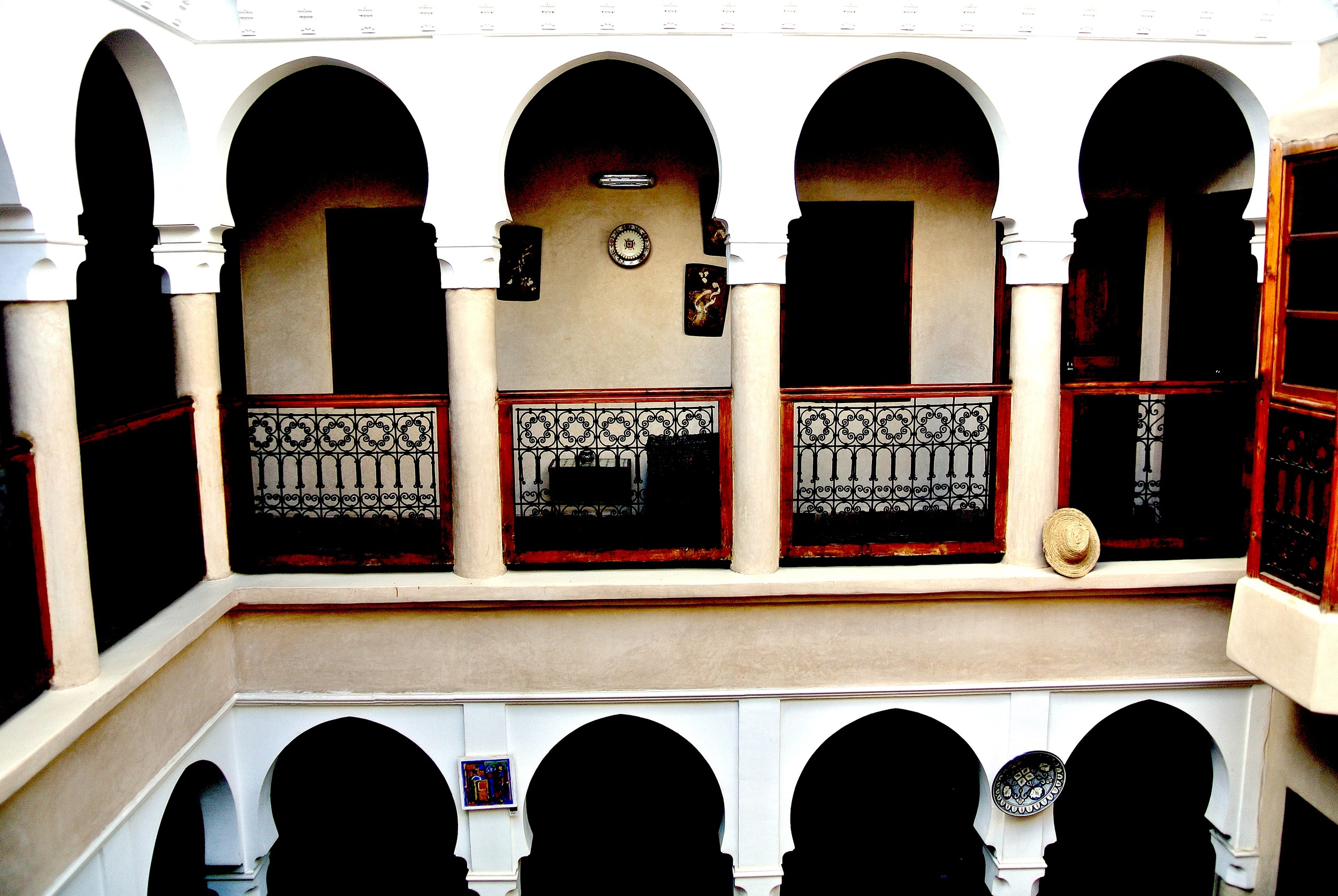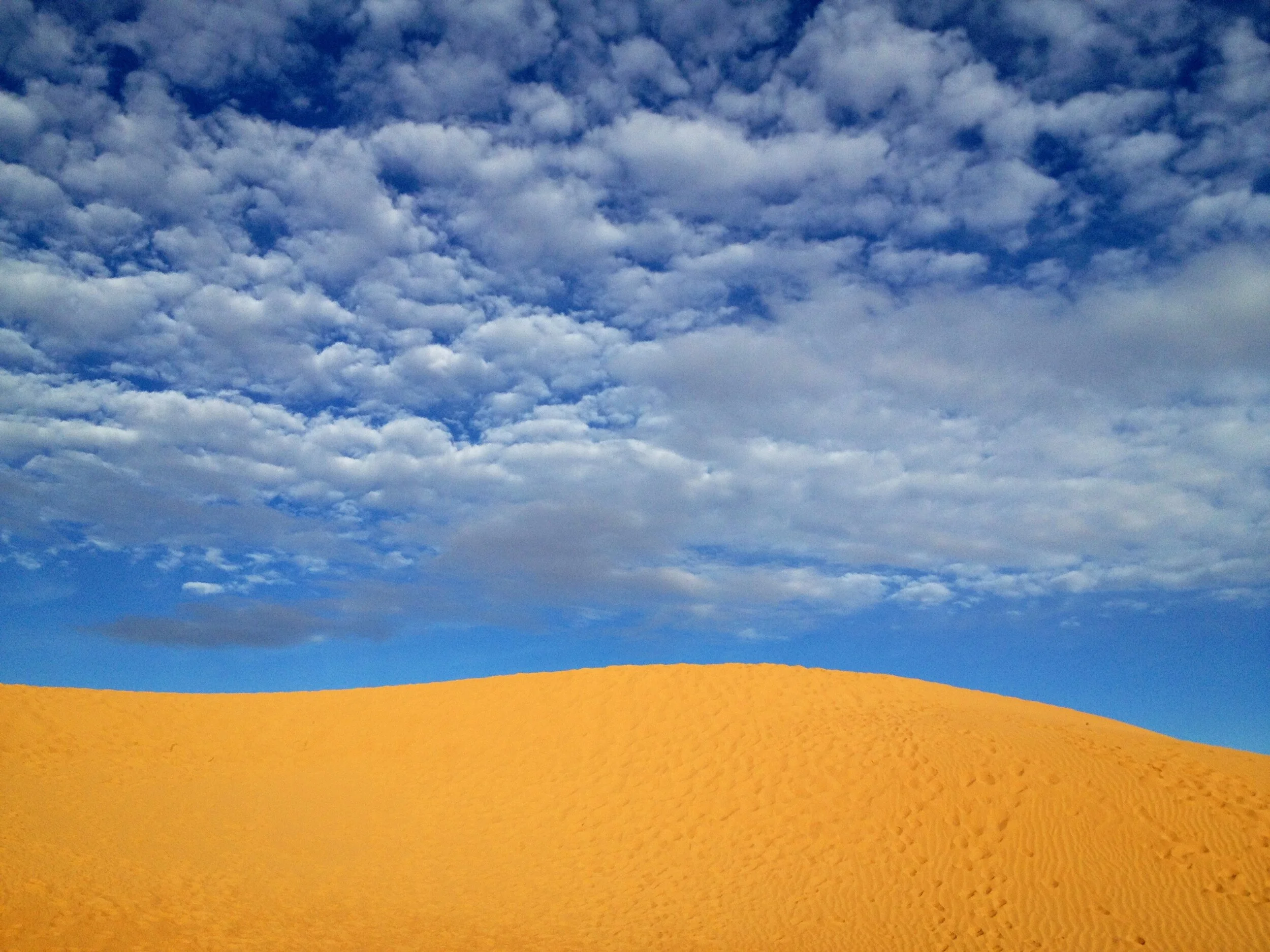We bought this Quranic teaching tablet depicting what we imagine is a djinni from Ensemble Artisinal, an artists' co-op, in Marrakesh for about $35.
Djinns, jinn, genies: Why we believe in these creatures from Arabic folklore.
I’m not typically someone who believes in the supernatural. I want to believe in ghosts, angels and the like. I just don’t think the evidence is there.
That being said, after our trip to Morocco, I do believe in djinn (also known as jinn or genies — djinni, jinni, genie in the singular). These magical creatures, created by Allah from “smokeless fire,” are talented shapeshifters, like Robin Williams’ genie in Aladdin. Supposedly some djinn are good — but most tend to be tricksters if not downright devious. They even get some shoutouts in the Quran.
“I ignored him and kept jabbing the blade into the ground.”
I learned about the prevalence of belief in djinn in present-day Morocco in Tahir Shah's excellent book, The Caliph's House, about renovating a house in Casablanca (inevitably drawing connections to that other famous tome — “It’s A Year in Provence for Morocco!”). The triad of servants who tremble in fear at the property’s local djinni are quite hilarious.
But we learned the hard way that there’s nothing funny about djinn.
The Cursèd Dagger
Sure, we joke about it now. But at the time, we were fully convinced there was a djinni responsible for the bizarre situation that took place as we tried to leave the country.
It was the first thing we purchased in the Marrakech souk, and I was quite excited about the find: a ceremonial dagger with a hilt made from the bone of a camel.
When it came time to pack up for our trip home, Duke held up the dagger in our room in the riad and said, “We’ll have to make sure this goes into the checked luggage.” Which is exactly where he put it.
The next morning at the airport, after we had checked our bags and were going through the X-ray machines, the attendant asked us to open our bag. Sitting right there on top was…the dagger.
We were told we could just go back and put the dagger into our checked luggage. Having seen the suitcase pass into the depths of the airport on a conveyor belt, I was skeptical.
“Let’s just prep another bag to check,” I told Duke. And of course we put the dagger in that bag (both Duke and I distinctly remember doing so), then waited in line back at check-in.
We found out it would cost us $75 or so to check another bag, so we decided to forgo that. Back in the room with the X-ray machines, I opened the bag…but couldn’t find the dagger anywhere inside.
Finally, in desperation, I opened our carry-on. Sure enough, right on top, sat the dagger. I could almost imagine a devious smile upon its surface.
And then, something came over me. I grabbed the dagger and started stabbing the floor.
“What are you doing?!” Duke shouted, horrified.
I ignored him and kept jabbing the blade into the ground.
“Wally! Stop it!” Duke implored.
“I just want the blade to break so I can at least keep the handle,” I explained, continuing my frenzy.
“You’ve got a knife out in a crowded airport!” Duke pointed out sensibly. “Do you want to get arrested?”
And then the spell broke. My head cleared, and I looked down at the dagger clutched in my hand.
“Oh my God,” I said, shuddering. “Let’s get rid of this.”
I marched over to a trashcan and tossed the cursèd thing inside.
“There was a djinni in there!” I whispered. “It didn’t want the blade to leave Morocco.”
Duke, wide-eyed and relieved, nodded in agreement.
So, no, we don’t believe in ghosts. But we do believe in djinn. –Wally

